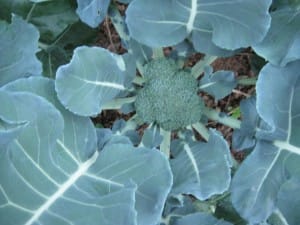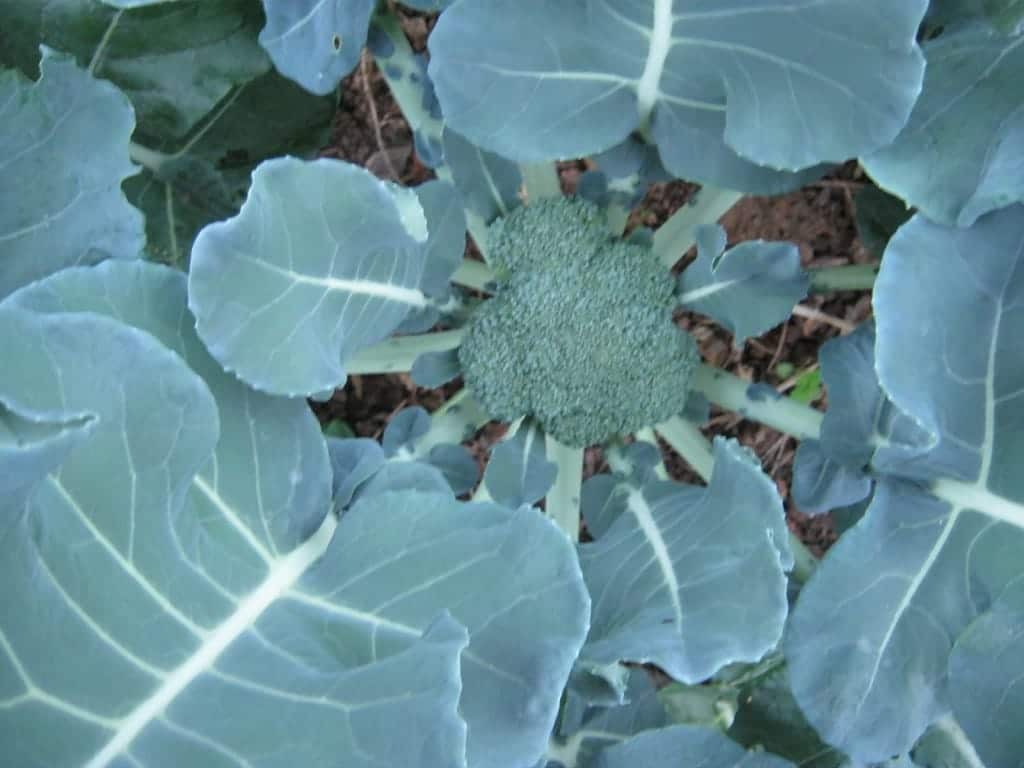The summer vegetable garden is still producing plenty of great food for most Georgia gardeners, but the first frost date is getting close enough that we all can begin to think about fall crops.
As Extension Horticulturist Robert Westerfield says in the UGA publication Home Gardening, “Fall-grown vegetables are usually of very high quality. If you supply water as needed, use pesticides properly and fertilize according to label recommendations, you will be rewarded with tender vegetables in a season when few people are enjoying such delicacies.”

While many summer vegetables will grow and produce into the fall, cold-hardy crops that can withstand some freezing weather can extend the harvest well into winter for much of the state. The list of these cold-hardy crops includes broccoli, cabbage, cauliflower, spinach, beets, turnips, collards, kale, carrots, and more! Your local UGA Extension Agent will be able to tell you what fall crops grow well in your area.
When the first frost wilts and blackens the last of our summer crops, the fall crops should already be in place and growing strong.
To get them far enough along that they will reach maturity before a very hard freeze damages the more tender of these crops, they should be planted according to the times listed in UGA’s Vegetable Planting Chart. The dates in the chart are for middle Georgia, so an adjustment of one, two, or more weeks will need to be made in the planting dates for most Georgia counties.
For gardens north of middle Georgia, an earlier planting date is needed to allow time for good growth before their earlier frost. Gardeners farther south can plant later than the recommended dates, since their frost date will be later.
At planting time, don’t forget to follow the soil preparation guidelines that make the summer garden such a success. Add more composted organic matter to the soil, since some will have been lost to decomposition over the hot summer, and remember to provide good nutrition to your crops through fertilizer additions.
These additions can be based on soil test results (preferred) or based on instructions on a home-garden fertilizer package. Careful soil preparation pays off in higher yields, so these are important steps. Most important of all, though, is to enjoy the beautiful fall weather and bountiful harvest!
Amy Whitney is a Horticulture Program Assistant with Cobb Extension. She lives in Kennesaw where she is famous for the creative way she grows food crops in her suburban yard.
Happy Gardening!
